The importance of sleep
In the early years, Sleep can seem like something that is out of reach. It can be daunting and challenging for families to get the right amount of rest - but why is it important to prioritise sleep?
Here are 5 great reasons why learning about sleep, and how much sleep your baby should be having at differing ages is important- especially considering it changes so much in the first 2 years.
It is also important to note that short bouts of interrupted sleep (such as during the fourth trimester, or periods of short illness where sleep can be disturbed) is not linked to long term harm
Sleep benefits development
In the early years, your baby is learning more than they will throughout their entire adult life!! Think about all the things you’ve learned as an adult, and then consider that the first 5 years of life are where the most amount of development occurs. Getting the right amount of sleep is essential for your baby to continue to develop, which bring me to the next point
Building memories
Long-term memory building occurs during sleep. This is important for babies’ children and adults alike, but specifically, from the perspective of the baby or child, long term memory is essential for the development of their fundamental physical skills which they learn in the first years of life
Cell repair and immunity building
The cells in our bodies go under mass repair when we are asleep! This is important to help fight off any illness, build immunity, and maintain healthy cells. Did you know that an average adult replaces about 330 million cells each day!
Mental health benefits
One of the things you’ll hear so frequently when mental health is discussed is how important it is to prioritise rest and relaxation, and this is because they rely so heavily on each other. A long-term lack of sleep is now a known contributor to postpartum depression and anxiety which now affects 1 in 5 mothers. Once mothers are able to have their babies sleep more predictably, they are then able to focus on their own sleep needs more which is important for maternal mental health.
Lack of sleep in babies and young children is linked to adolescent and adult obesity
Whilst there are numerous factors that affect a person’s likelihood of developing obesity in adolescence or adulthood, chronic sleep deprivation in early childhood is now recognized as a link to obesity later in life.
